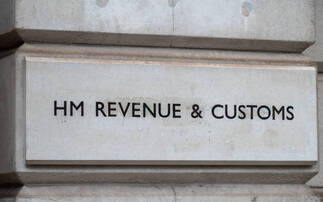Fraudulent insurance claims should allow the immediate cancellation of a policy, according to industrywide representations.
Insurers should be able to recover damages relating to the investigation of the fraudulent claim, the Law Commission has also reported.
The views were made public by the Commission in response to its consultation paper regarding fraudulent claims which is part of its ongoing review of insurance law.
Overall only three of the 25 consultees thought the law surrounding the insurer's remedy for a fraudulent claim was unnecessarily complex, while all but two thought it would be helpful to introduce legislation to clarify the subject.
The Commission had proposed that a fraudulent claim should give the insurer the right to cancel a policy but it should only be enacted when the claimant was informed about this, while not affecting a valid claim arising between the fraud and termination.
This would mean that the insurer must pay any valid claims which arise between when the fraud is committed and when it is discovered.
Only a handful of consultees (7 of 27) agreed.
However, most (19 of 27) disagreed, suggesting that fraud undermined the necessary trust between the parties.
The ABI argued strongly that a policy should be cancelled from the date of the fraudulent claim while another respondent argued that making an insurer liable for valid claims which arose between the fraud and the termination would encourage insurers to make allegations of fraud too quickly.
The Financial Ombudsman Service agreed with this.
It said: "We acknowledge the Law Commission's analysis on this point, but in practice, the policy normally specifies that the termination dates from the fraud. It might be detrimental to consumers if the law encouraged insurers to exercise the right to terminate prematurely without fully investigating an allegedly fraudulent claim."
There was also strong support for the proposal that an insurer should be entitled to claim damages for the reasonable and foreseeable costs of investigating a fraudulent claim, with just two respondents disagreeing.
Most consultees disagreed with limiting recovery to where investigation costs are not recouped from the insurer's savings in retaining the legitimate element of the claim.
And many felt it would weaken the deterrent to fraud.
The ABI commented: "All costs foreseeable and reasonably incurred should be recoverable from the fraudulent policyholder by the insurer. It is arbitrary and anomalous to draw a distinction between where the costs of investigating the fraud amount to less than the insurer's saving and conversely where they are more substantial."












